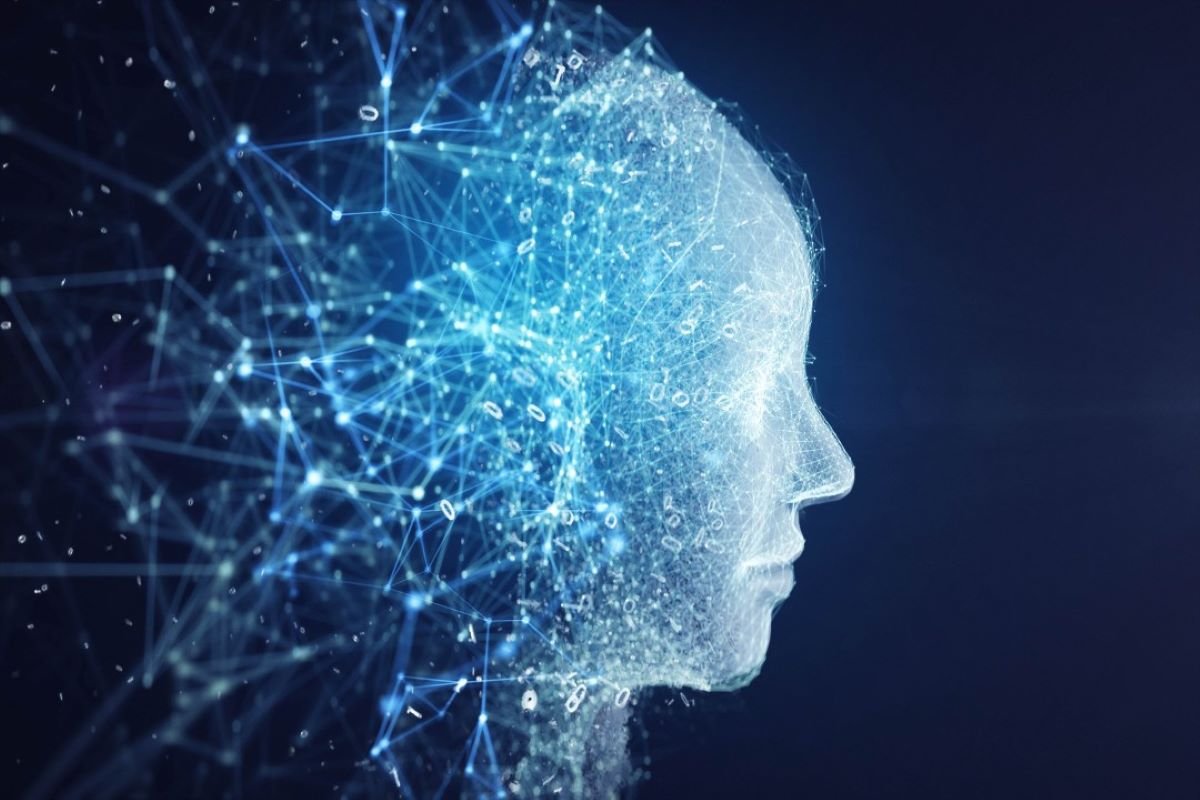University of Toronto professor Geoffrey Hinton, speaking at the Collision conference in Toronto, expressed concerns about the potential ethical adoption of AI.
Hinton, known as the “Godfather of AI,” believes good AI will hardly emerge victorious over bad AI and believes ethical adoption may come at a steep cost.
Hinton quit working at Google this spring to more freely critique the field he helped pioneer.
Speaking at the conference, he added that the recent surge in generative AIs like ChatGPT and Bing Chat are signs of unchecked and potentially dangerous acceleration in development.
Google is also losing its previous restraint as it chases competitors with products like its Bard chatbot.
AI’s Effectiveness Depends on its Creators
Hinton argued AI’s effectiveness depends on creators, and bad tech can still prevail.
Expressing his skepticism, Hinton argued that there were minimal chances of a good AI controlling bad AI.
“It might be difficult to stop the military-industrial complex from producing battle robots, for instance, said Hinton. “Companies and armies might “love” wars where the casualties are machines that can easily be replaced.”
Hinton believes large language models, like OpenAI’s GPT-4, could increase productivity but is concerned that the ruling class could exploit this to enrich themselves, widening the wealth gap and making the rich richer and the poor poorer.
Hinton emphasized the existential risk of AI posing a threat to humanity where he argued that if AI becomes smarter than humans, there is no guarantee that people will remain in charge.[1]
According to Hinton, the threat of killer robots is not just science fiction; society must take them seriously, as it may only rein in them after recognizing their awfulness.
Hinton argues that bias and discrimination persist in AI, as skewed data can produce unfair results.
Algorithms create echo chambers, reinforcing misinformation and mental health issues.
He worries about AI spreading misinformation beyond these chambers and unsure if it’s possible to catch every fake claim.
Hinton acknowledges the potential impact of AI, but warns that healthy use may come at a high cost.
He emphasizes the need for empirical work to understand AI’s potential issues and prevent it from gaining control.
He believes it’s possible to correct biases and address echo chambers, but emphasizes the importance of changes in company policies.
The professor emphasized the need for “socialism” to address inequality and joblessness.
He suggested people could hedge against joblessness by adopting careers that adapt to changing times, such as plumbing, and suggested that society may need to make significant changes to adapt to AI.
Resilience in the Face of Challenges: The AI Industry’s Optimistic Outlook
Colin Murdoch, the head of business for Google DeepMind, expressed optimism at Collision that AI is tackling some of the most difficult problems in the world, such as cataloging proteins, combating antibiotic-resistant bacteria, and quickening the development of malaria vaccines.
Citing Google products like Lookout for photo captions and YouTube Shorts searchability, he envisioned “artificial general intelligence” that might address a variety of issues.
“The past six to twelve months have been a “lightbulb moment” for AI, revealing its potential,“ said Murdoch
Murdoch’s comments were seconded by Roblox Chief Scientist Morgan McGuire.
He believes the game platform’s generative AI tools have “closed the gap” between new and veteran creators and have eased creation of in-game materials and writing of codes.
Roblox is releasing an open-source AI model, StarCoder, to make large language models more accessible.
However, McGuire acknowledges challenges in scaling and moderating content, but believes the metaverse offers “unlimited” possibilities due to its creative pool.
AI Will Still Transform Industries and Enhance Lives
Hinton’s enthusiasm for AI remains strong even after leaving Google.
Small children learn from language, and machines could do the same. He believes it can eventually do anything humans can, demonstrating “little bits of reasoning.” GPT-4 can adapt to solve more difficult puzzles.
Hinton acknowledges that his Collision talk didn’t focus enough on AI’s potential benefits, such as combating climate change.
Despite concerns about ethical implications, Hinton remains enthusiastic about AI technology, stating that he loves making intelligent things.
References
- Jon Fingas, ‘AI pioneer Geoffrey Hinton isn’t convinced good AI will triumph over bad AI’, Engadget, 30 June 2023, https://www.engadget.com/ai-pioneer-geoffrey-hinton-isnt-convinced-good-ai-will-triumph-over-bad-ai-181536702.html?src=rss&guccounter=1[↩]





